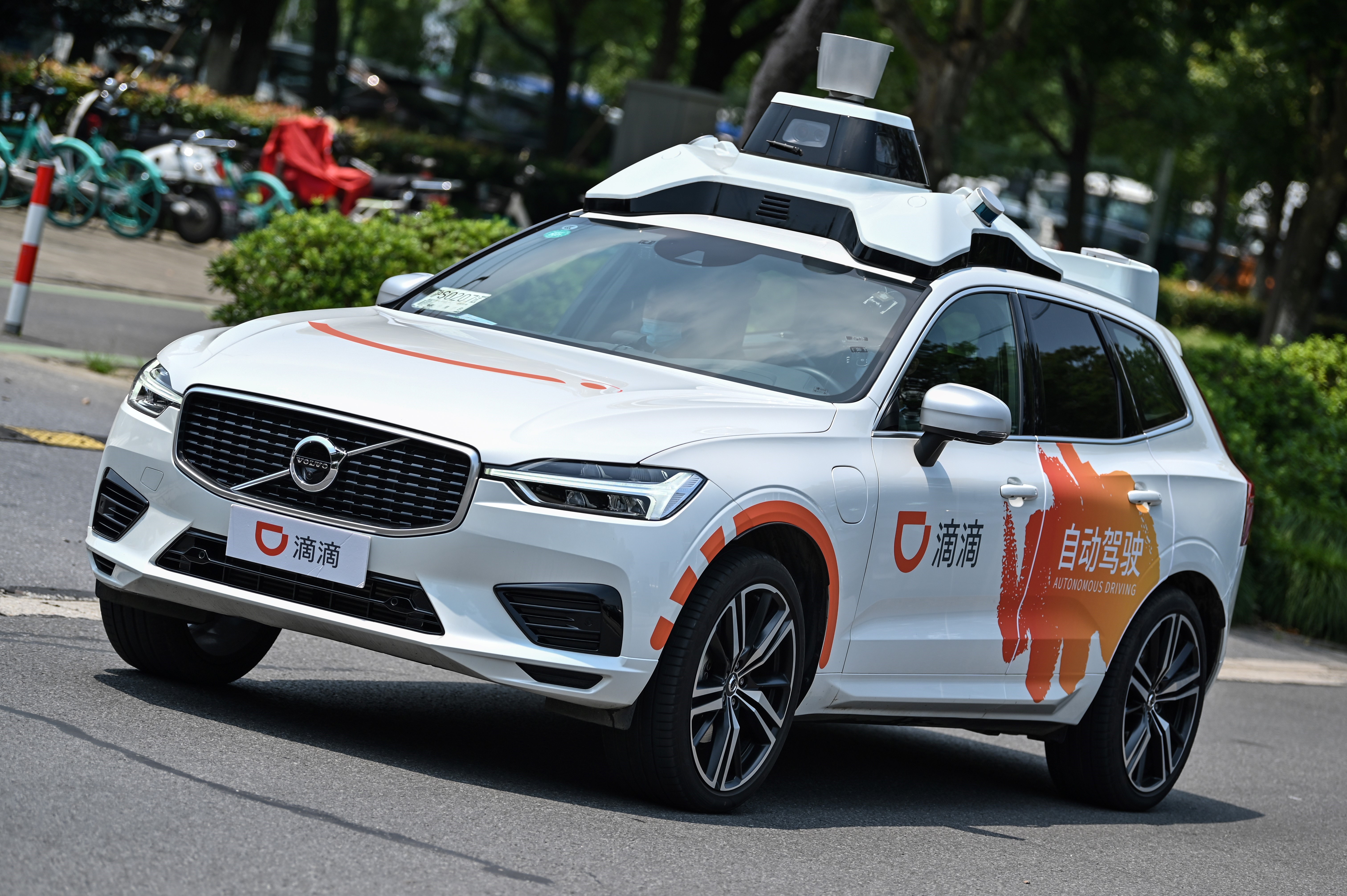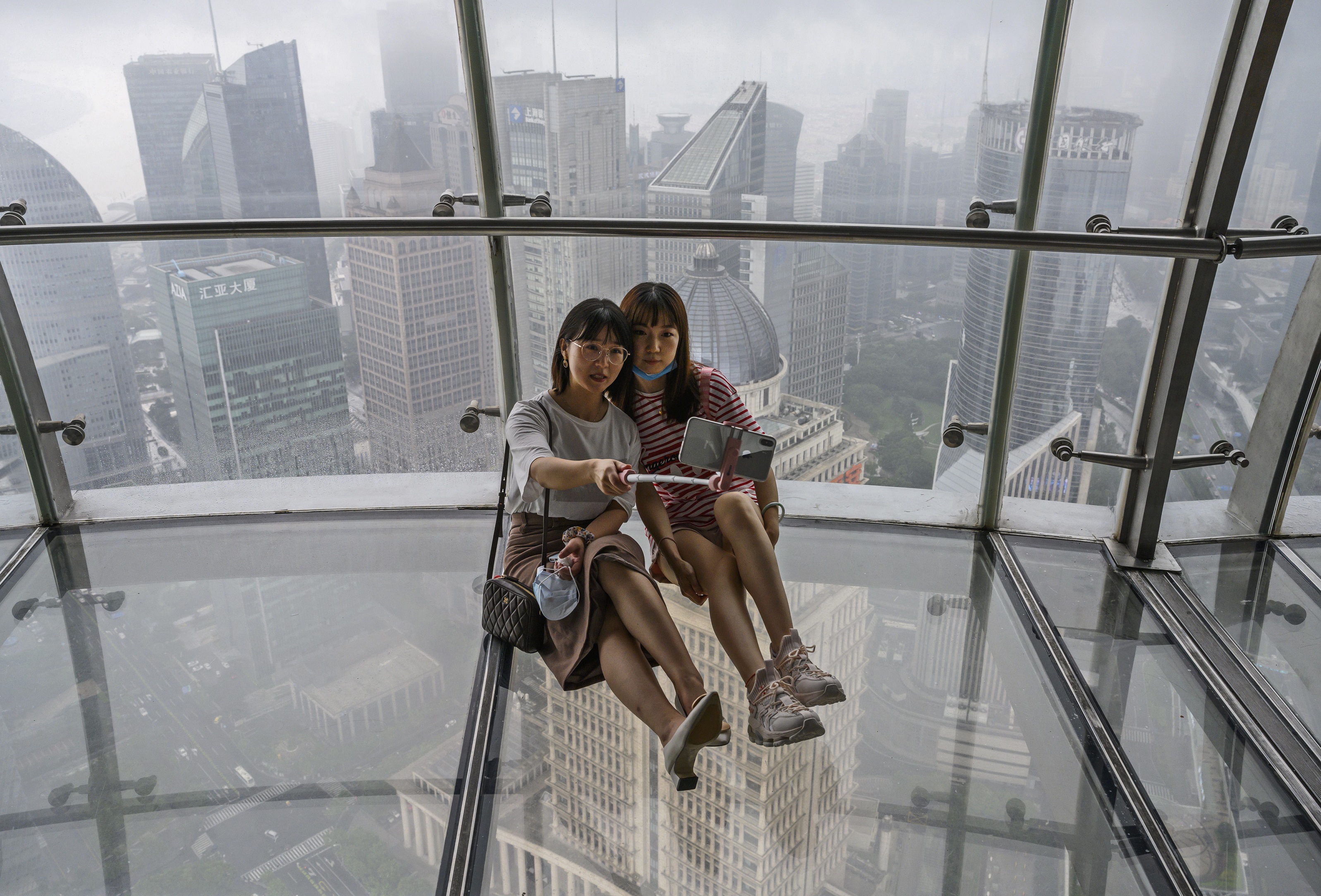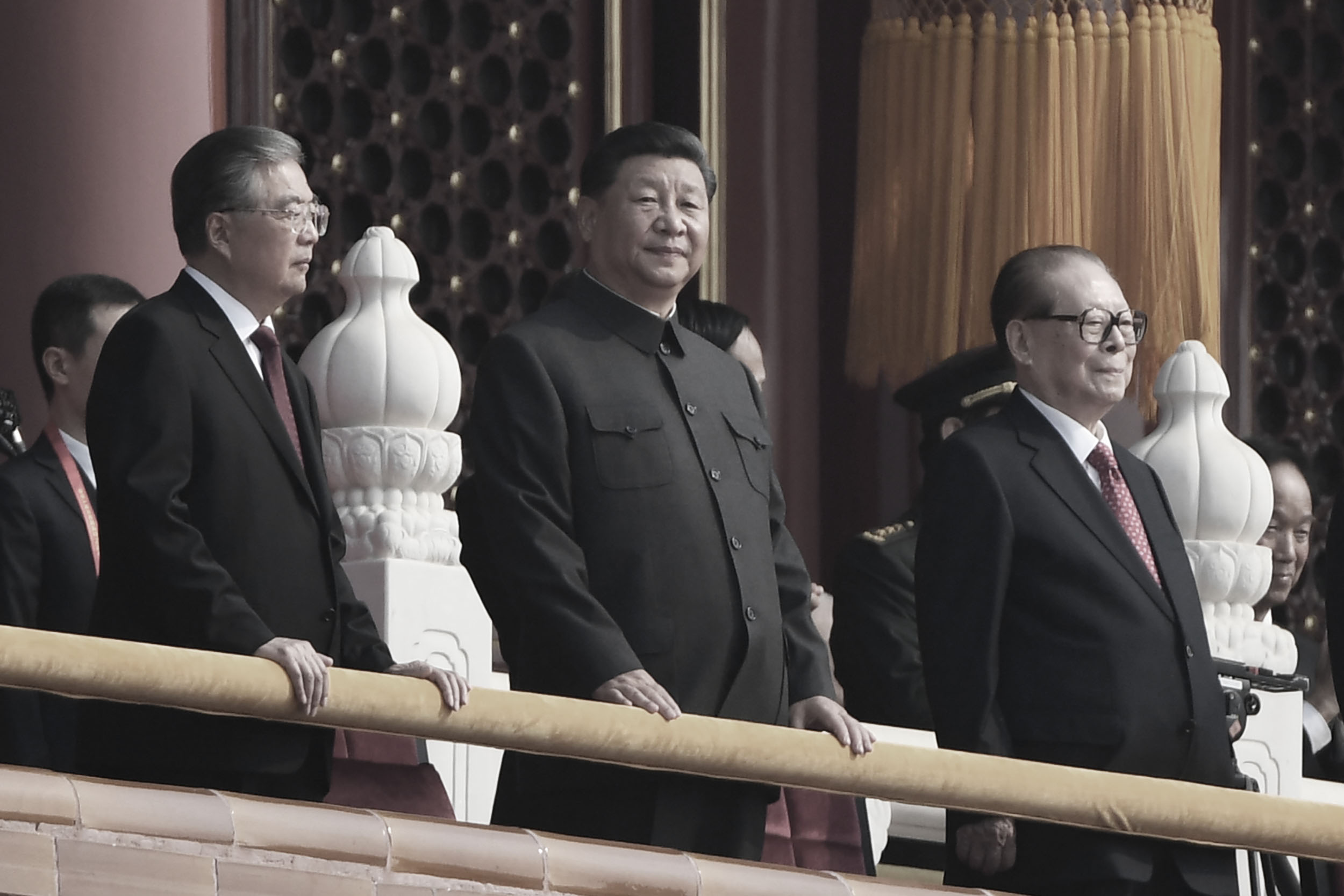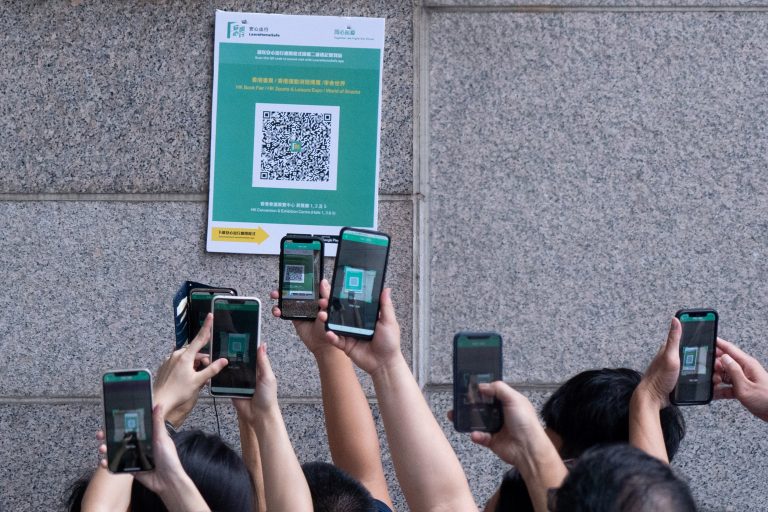News analysis
On June 30, Chinese ride-hailing company Didi Chuxing listed on the New York Stock Exchange, raising $4.4 billion. Despite being a hotly anticipated initial public offering, Didi went about the business with no fanfare—it issued no statement about going public and its top executives did not ring the opening bell at the NYSE.
Over the next two days, FTSE Russell and S&P Dow Jones announced expedited entry for Didi’s shares into their respective global equity indexes.
Foreign investors should have been tipped off that something was amiss with the Didi listing from the company’s low-key handling of affairs. On July 2, the Cyberspace Administration of China (CAC) announced a cybersecurity review of the company. Within the span of a week, more than 25 Didi-operated apps were removed from app stores. Didi lost $11 billion by July 12 after hitting a peak on July 1. By the end of the month, The Wall Street Journal reported that the company was weighing plans to go private and that the CAC is “supportive of the privatization plan in principle.”

Didi has publicly denied the reported plans.
Success
You are now signed up for our newsletter
Success
Check your email to complete sign up
In the following weeks, the Chinese Communist Party (CCP) would broaden its crackdown on technology companies beyond Didi.
On July 23, the Chinese authorities released guidelines to curb excessive homework for school children and off-campus tutoring, a move that saw the shares of Hong Kong and U.S.-listed Chinese online education companies decline sharply.
Private education, ‘opium for the mind’, and regime security
The reining in of the private education sector accelerated “a selloff that at its most extreme erased $1.5 trillion from Chinese stocks and dented the portfolios of some of the biggest names in global finance,” according to Bloomberg News.
On July 26, Chinese regulators issued guidelines strengthening protection for food delivery workers. The move caused food delivery company Meituan to lose over $60 billion of its market value over two trading sessions.
And on Aug. 3, state-owned mainland media Economic Information Daily published a commentary piece criticizing video games as “opium for the mind” and singled out Tencent’s popular “Honor of Kings” games. While the piece was later deleted, Chinese tech shares plummeted as investors anticipated a coming crackdown of the video gaming industry. Tencent’s shares fell by more than 10 percent in Hong Kong before recovering, while Peers NetEase Inc. and Bilibili Inc. closed 7.8 percent and 3.4 percent lower respectively on the Hang Seng Index.
The CCP’s effort to rein in the tech sector is baffling at first glance. With China’s sluggish pandemic recovery and a rapidly deteriorating economy, having Chinese tech companies reel in much-needed foreign capital should be welcome news for Beijing. Yet decades of bad domestic policies and escalating geopolitical pressures mean that Beijing would prefer to secure regime security over making a quick but risky buck.
‘Real’ and ‘fictitious’ economies
Most of the tech companies affected by the recent regulatory storm do more to prop up China’s fictitious economy than the real economy. While the capital that they bring in does add to growth, the fictitious economy generates growth that is unsustainable, unproductive and ends up widening the wealth gap in China.

In the case of financial platforms with questionable business models, huge amounts of capital are concentrated in the hands of a small number of powerful companies and Party elite-affiliated interest groups, an unhealthy outcome for regime interests on the whole.
The Xi Jinping leadership has long made known its preference for building up China’s real economy and ensuring solid development instead of seeking growth for growth’s sake through financialization and the fictitious economy.
For the tech industry, that means securing capital and investments for semiconductors, artificial intelligence, 5G, and Big Data. Breakthroughs and dominance in the aforementioned areas will allow the PRC to bolster domestic productivity and innovation, circumvent geopolitical competition-related supply chain “blockades,” and challenge U.S. hegemony. On the flipside, ride-hailing apps (safety problems, low-skill economy, etc.) and video games (addiction, lower productivity, etc.) do more to hinder than help the PRC with its goals.
Beijing’s move against the online education sector and coming crackdown on the video game industry are almost certainly aimed at restoring work productivity and raising birth rates in the regime. The CCP’s latest census indicates that China will face a serious demographic crisis sooner rather than later, one which will, in turn, threaten a sharp slowing of economic growth and regime security. Efforts to curb the education industry are also meant to shore up the regime’s discourse and ideological control amid intensifying “great power competition” with the United States and the West more broadly.
Then there is the issue of data security. Beijing fears that Chinese tech companies could be made to hand over sensitive data to foreign powers in complying with overseas listing audits and disclosures. For instance, Didi Chuxing almost certainly possesses travel data of government workers that could expose the CCP’s operations and secrets, endangering the regime. The swift regulatory crackdown against Didi and rumors of delisting make sense considering that Beijing wants to completely eliminate the risk of critical data falling into the wrong hands.
Lastly, Xi Jinping is looking out for his own political security in hitting the tech companies. Xi’s factional rivals and global elites who oppose him, particularly the Jiang Zemin faction, have investments in Alibaba, Ant Group, Didi, and other tech ventures. Successful offshore listings of those companies would enrich Xi’s rivals while adding to the problems mentioned in the preceding paragraphs, a “lose-lose” situation for the Chinese leader.

Xi needs to keep his foes weak and the regime secure leading up to the crucial 20th Party Congress in 2022, where he is expected to make a bid for a norm-breaking third office term. Hence, Xi has few reservations about getting tough on tech companies the way it did, especially if it means wrecking the wallets of his enemies. Xi would also be eyeing the opportunity to realign the loyalties of foreign investors who previously established “guanxi” with his rivals during the Jiang faction’s long era of dominance from 1997 to 2012.
Buyer beware
Political risks in China are substantial for businesses, investors, and governments as long as the CCP remains in charge. CCP propaganda and overseas influence operations may have successfully fooled the world into believing that the PRC is a “normal” country, but the regime has never truly deviated from its faith in the communist ideology and oppression. This is evident from gross human rights abuses like the mass labor camps in Xinjiang and the forced organ harvesting of Falun Gong practitioners. This is also clear from growing ideological indoctrination and control under the current leadership. As Xi Jinping is fond of saying, “Government, the military, society and schools, north, south, east and west–the Party leads everything.”
The situation in China is further complicated by the factional struggle in the CCP elite. As seen from the tech sector crackdown, political considerations are very much a factor in influencing Beijing’s decision to get tough on certain companies. Failure to account for shifting political winds in the regime has already cost foreign investors billions of dollars since 2012.
The CCP’s tech sector crackdown, however, is waking up foreign investors to the dangers of political risk in China. Goldman Sachs clients have been asking if Chinese stocks are “uninvestable” following PRC regulatory action, according to a July 29 report in Bloomberg News. The Wall Street Journal reported on July 30 that investors “ranging from pension fund Orange County Employees Retirement System in California to money manager William Blair & Co. are rethinking their portfolios.”
Mainstream financial commentators are also recognizing the root cause of the political risk. CNBC’s Jim Cramer described the CCP’s crackdown on online education as “Stalinist” and advised investors against buying Chinese stocks. “I think we’re discovering that they’re communists, but they were communist all along,” he said.














